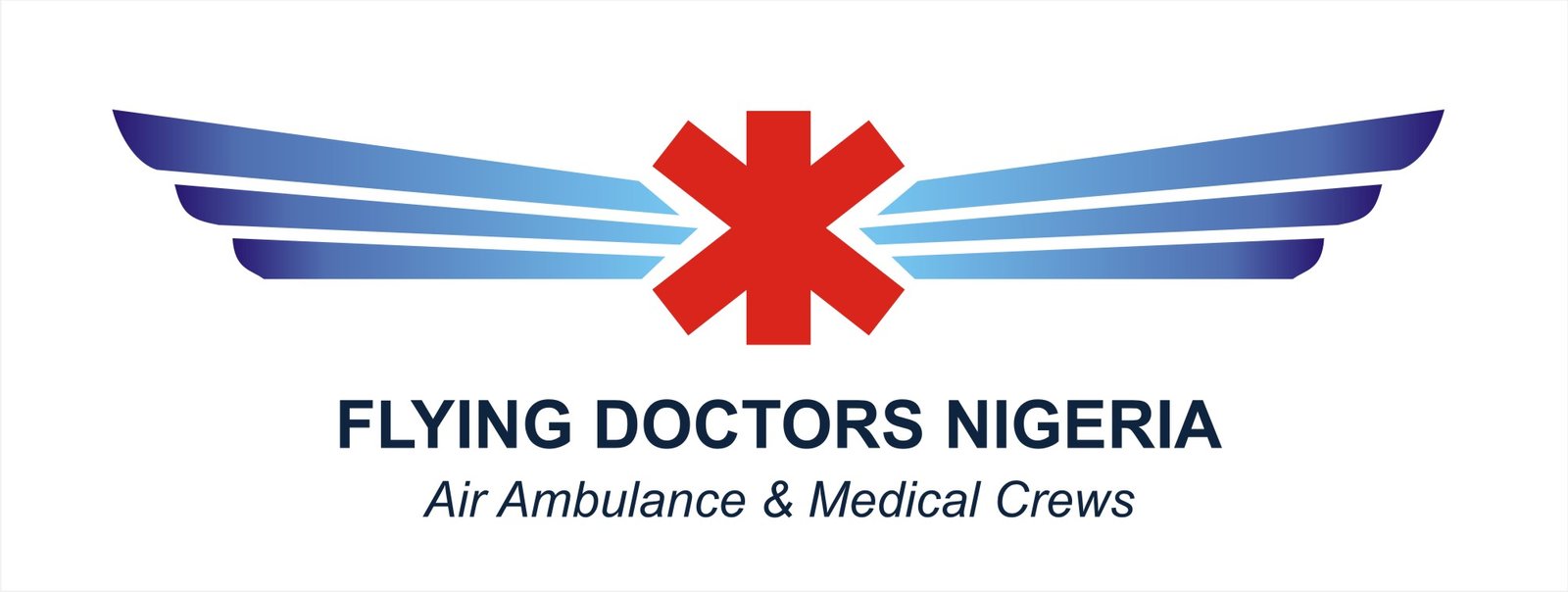
Travel in Nigeria may be significantly different from your home country in the following ways:
- In Nigeria, cars, buses, large trucks, tricycles (known here as Keke NAPEP/Maruwa), bikes, people on foot, often share the same lanes of traffic, especially in rural areas. This increases the risk for crashes.
- Roads in Nigeria are often under-maintained. Potholes make the roads more difficult to navigate.
- Emergency services outside Lagos and Abuja are sparse, so in the event of an accident, emergency response maybe delayed or not existent.
The following tips in line with recommendations from the CDC will help you stay safe on Lagos roads:
- Choose a safe vehicle.
- Choose official taxis or public transportation, such as trains and buses. Uber and Taxify are the most popular ride sharing apps; available in Lagos. Abuja and Port Harcourt
- Ride only in cars that have seatbelts
- Avoid overcrowded, overloaded, top-heavy buses and minivans
- Avoid riding on motorcycles or motorbikes, especially motorbike taxis (known in Nigeria as Okada). (Many crashes are caused by inexperienced motorbike drivers.)
- Choose newer vehicles—they may have more safety features, such as airbags, and be more reliable
- Choose larger vehicles, which may provide more protection in crashes.
- Think about the driver.
- Do not drive after drinking alcohol or ride with someone who has been drinking. Some drivers in Nigeria take alcoholic traditional drinks that they believe increases their concentration when driving. This is very unsafe. If you suspect your driver has been drinking, please request an alternative driver.
- Consider hiring a licensed, trained driver familiar with the area.
Nigeria has one of the highest numbers of road traffic accidents in the world
- Follow basic safety tips.
- Wear a seat-belt at all times.
- Sit in the back seat of cars and taxis.
- When on motorbikes or bicycles, always wear a helmet. (Bring a helmet from home, if needed.)
- Avoid driving at night; street lighting in certain parts of Nigeria may be poor, plus security risks are increased especially outside Lagos and Abuja.
- Do not use cell phone or text while driving, this is dangerous and illegal in Nigeria.
- Travel during daylight hours only, especially in rural areas.
- If you choose to drive a vehicle in Nigeria, learn the local traffic laws and have the proper paperwork including 3rd party insurance which can be purchased online on websites like https://myautogenius.com/
- Get any driving permits and insurance you may need. Get an International Driving Permit (IDP). Carry the IDP and a US-issued driver’s license at all times. However, after a few months in Nigeria you will need to obtain a Nigerian driver’s license.
For more information on moving to Nigeria and life as an expat in Nigeria please read our other articles here:
- Health Tips for Expats on Assignment in Africa
- Eating and Drinking in Nigeria; 5 tips for expats
- Malaria Prophylaxis
- Healthy Advice for Expats in Africa
In an emergency; our medevac plans will cover the cost of emergency medical evacuation and treatment abroad for a small yearly fee. For more information about our medevac cover plans and why you need air ambulance cover, please click here.
Find our more on our website: www.flyingdoctorsnigeria.com

